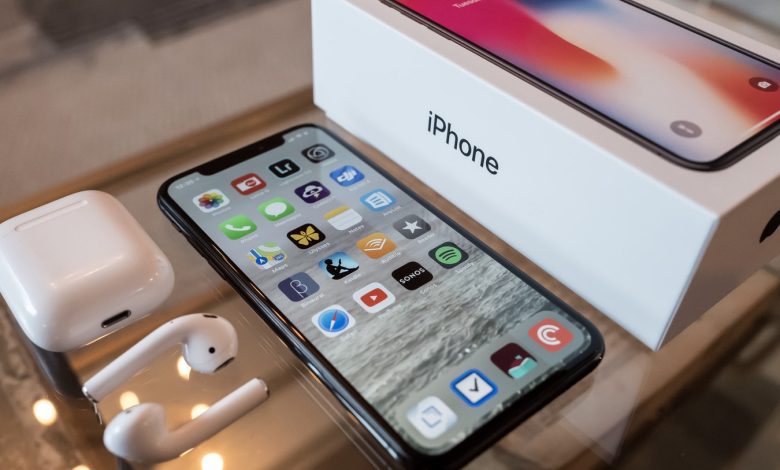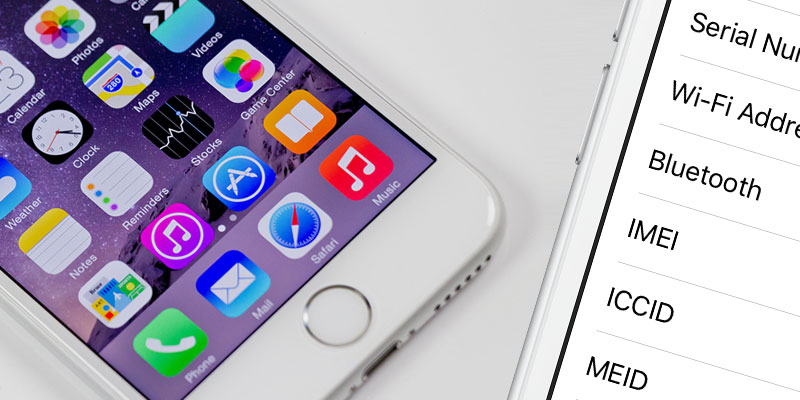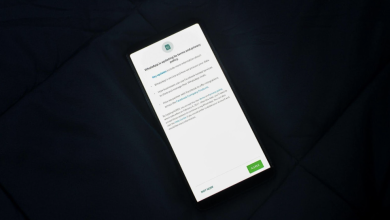
iPhones are some of the most popular smartphones in the world, known for their sleek design, reliable performance, and long-lasting value. Because of this, the second-hand iPhone market has grown rapidly, offering buyers a chance to own an Apple device at a fraction of the original price.
However, this opportunity comes with risks. Many used iPhones sold online may be stolen, locked, or misrepresented. To avoid these problems, every buyer should take one simple step before completing a purchase: performing an Apple IMEI Check.
The Growing Market for Used iPhones
Over the past decade, iPhones have maintained high resale value compared to other smartphones. This makes them especially attractive in the second-hand market, where consumers can save hundreds of dollars by buying a pre-owned device. Platforms like eBay, Craigslist, OLX, and Facebook Marketplace are filled with iPhone listings.
Yet, this demand has also opened the door to scams. Stolen devices, blacklisted phones, and even counterfeit models are often disguised as legitimate products. Without proper verification, buyers may end up with a useless or illegal device.
What Apple IMEI Check Is
An IMEI (International Mobile Equipment Identity) is a 15-digit number that uniquely identifies every iPhone. Apple, mobile carriers, and law enforcement agencies use it to track devices, authenticate ownership, and ensure network security.
An Apple IMEI Check is an online service that allows you to enter this number and instantly receive detailed information about the iPhone, including:
- The exact model and technical specifications.
- Whether the phone has been reported lost or stolen.
- The carrier lock status (locked or unlocked).
- The warranty and AppleCare coverage status.
- Whether the device is blacklisted from mobile networks.
With just a few clicks, this check provides essential insights into the device’s authenticity and condition.
Why Apple IMEI Check Matters Before Buying
For buyers, an Apple IMEI Check is not just a convenience – it’s a safeguard against some of the most common problems in the second-hand market. Here’s why it matters:
- Protection from stolen phones: Buying a stolen iPhone can leave you without network access, and in some cases, with legal trouble. IMEI verification ensures the device is clean and legally safe to use.
- Authenticity check: Counterfeit iPhones are becoming more sophisticated, often mimicking Apple’s design closely. An IMEI check confirms whether the device is a genuine Apple product and not a convincing fake.
- Warranty and service information: Knowing if the iPhone is still under warranty or eligible for AppleCare can influence its price and value. This also helps you understand whether Apple will provide future support.
- Carrier compatibility: An IMEI check reveals if the iPhone is factory unlocked or tied to a specific carrier, preventing unpleasant surprises when you insert your SIM card.
By verifying the IMEI, you ensure that the iPhone you are buying is authentic, functional, and worth the money you are about to spend. This small step adds a layer of security and confidence to the entire purchasing process.
Risks of Skipping an Apple IMEI Check
Some buyers skip verification to save time, but this decision can have costly consequences. A phone that looks perfectly fine may actually be blacklisted, preventing it from ever connecting to mobile networks. Others turn out to be locked to a single carrier, even if advertised as “unlocked,” limiting how and where the device can be used. Counterfeit iPhones are another danger, mimicking the design of Apple devices but lacking their quality, security, and support. In each case, the result is the same — wasted money and a device that cannot serve its purpose.
How to Perform an Apple IMEI Check
Apple makes it simple to find your iPhone’s IMEI number. You can open Settings → General → About and scroll down to see the code, dial *#06# to have it appear instantly on the screen, or check the original packaging and SIM tray where it is often printed.
Once you have the IMEI, the next step is verification. Using an online tool such as Apple IMEI Check, you can confirm whether the iPhone is genuine, see if it has been reported stolen, and check its warranty or carrier lock status.
Performing this quick check helps you avoid common risks in the second-hand market, from blacklisted devices to counterfeit models. It’s a simple precaution that ensures your next iPhone purchase is safe, transparent, and worth the investment.





